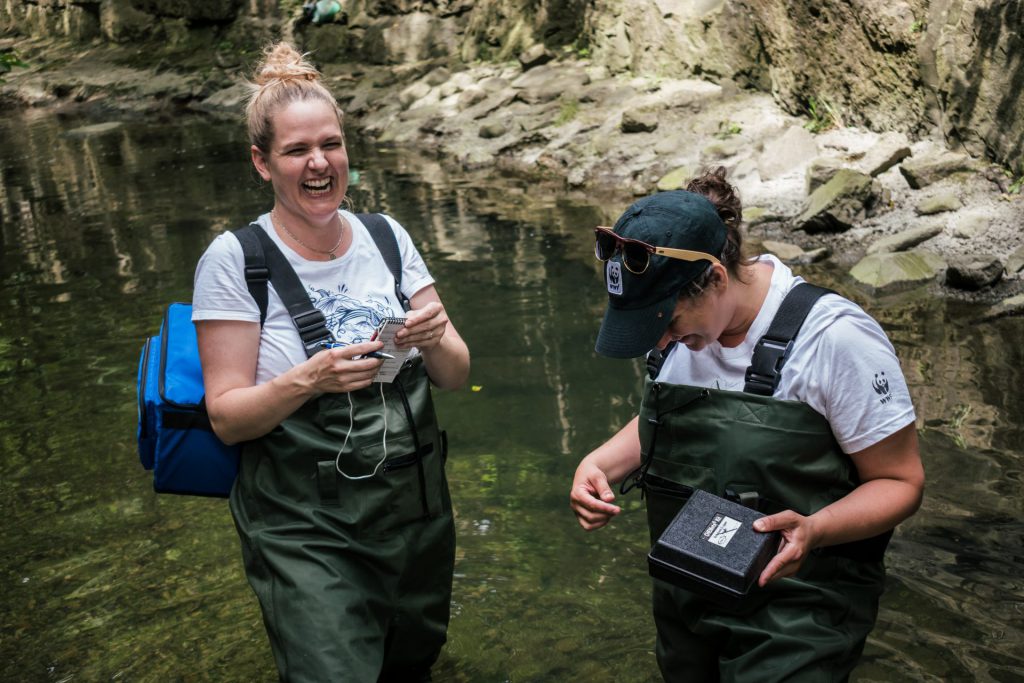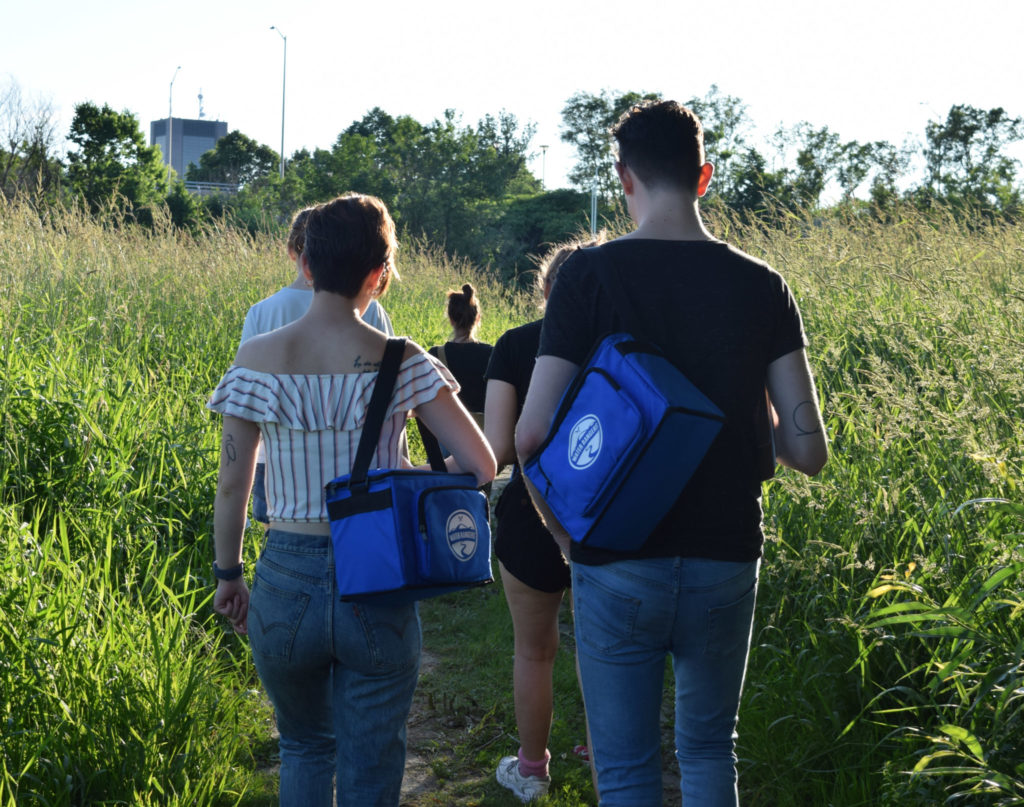Good news brought to you by WWF-Canada’s Watershed Reports!
A little over a month ago, WWF-Canada released the newest edition of their Watershed Reports, which summarize and present the results of their nationwide assessment of Canada’s freshwater.
This was the second time a nationwide assessment of freshwater had been done in Canada, following WWF-Canada’s original assessment in 2017.
So what do the Reports tell us?
In order to understand why we’re so happy about the findings in this year’s Reports, we find it helpful to go back to the results presented in 2017.
In 2017, 110 out of 167 sub-watersheds in Canada were lacking enough data to paint a baseline picture of their overall health. That’s right- we didn’t even have enough data to determine how healthy most of our sub-watersheds were! This was extremely concerning… how can our leaders be expected to make good decisions concerning our country’s freshwater if they don’t know how well it’s doing in the first place?
Even more concerning was that of the 57 sub-watersheds with enough data to be assessed, only 38 were described as being in “good” or “excellent” condition, while the remaining 19 sub-watersheds were described as being “poor” or “fair” in terms of their overall quality.
When WWF-Canada brought these results to light, Water Rangers and countless other on-the-ground organizations knew we had to get to work!

The 2020 Watershed Reports revealed that because of the efforts of Water Rangers and other groups like us, WWF-Canada now has enough data to assess 67 out of Canada’s 167 sub-watersheds. That’s right- together, we’ve managed to fill data gaps for 10 whole sub-watersheds in only three short years!
How was Water Rangers able to contribute?
With the data collected by our amazing testers, of course! Our testers have collected thousands upon thousands of water quality samples over the past three years. For example, the 33 testers in our Equipping communities in data-deficient areas group have collectively uploaded 578 observations to our data platform since the group was launched back in 2018. Now, this group’s data also feeds into DataStream, who then provide it to organizations like WWF-Canada. This growing partnership between Water Rangers and DataStream is a cause for celebration in its own right, and we look forward to connecting more of our data with their platform in the near future!
While we need to remember that we have a long way to go before every sub-watershed in Canada is able to be properly assessed, we think that what we’ve accomplished so far is worth celebrating. We look forward to continuing to help fill data gaps across Canada for years to come, and we’re so appreciative of our community of testers who have helped make this possible.

Want to learn more about WWF-Canada’s Watershed Reports? Check out the 2017 version here, and the 2020 version here!